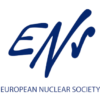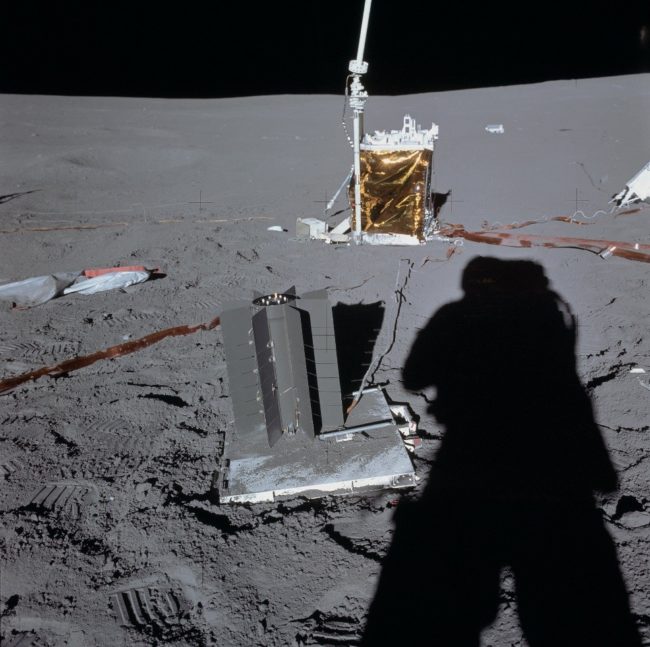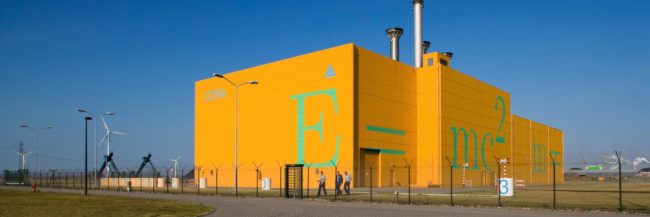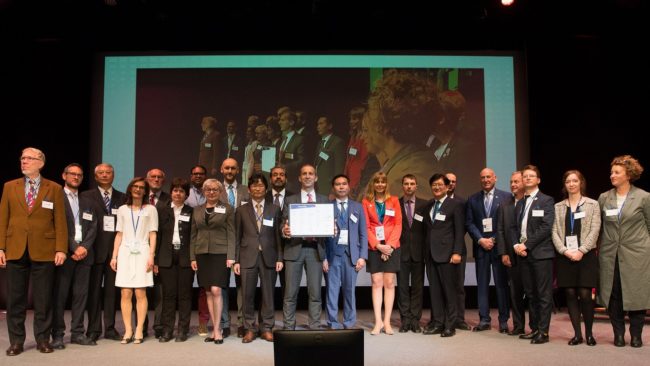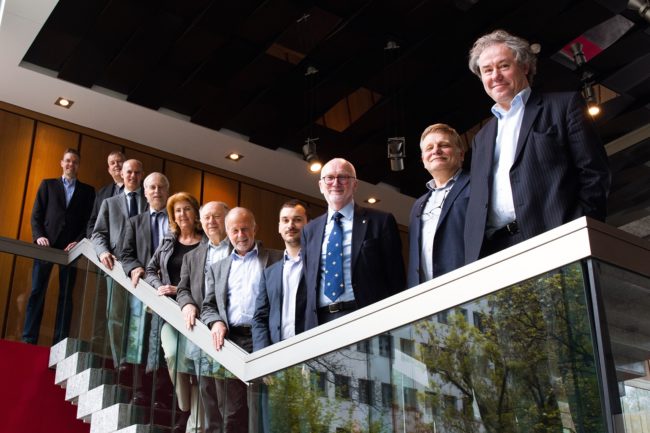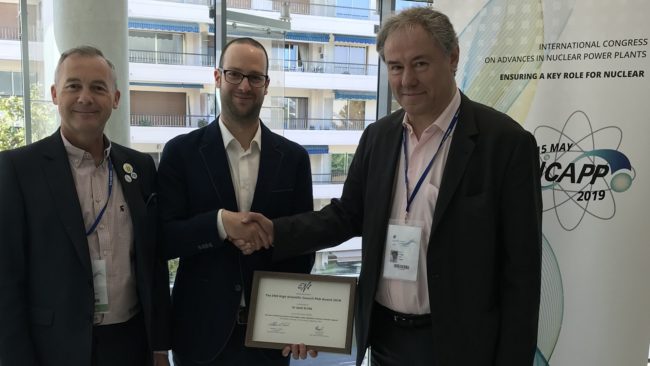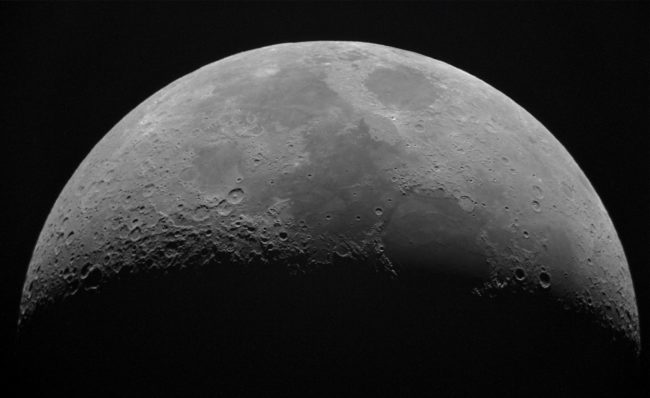Space
Space The applications of nuclear technology extend beyond our planet too. Without it, space travel and exploration would be extremely difficult. It is used to generate power, but also for scientific observation purposes. Nuclear Batteries Modern space travel would be unimaginable without the power of the nucleus. Chemical energy carriers like combustible solutions do not…
